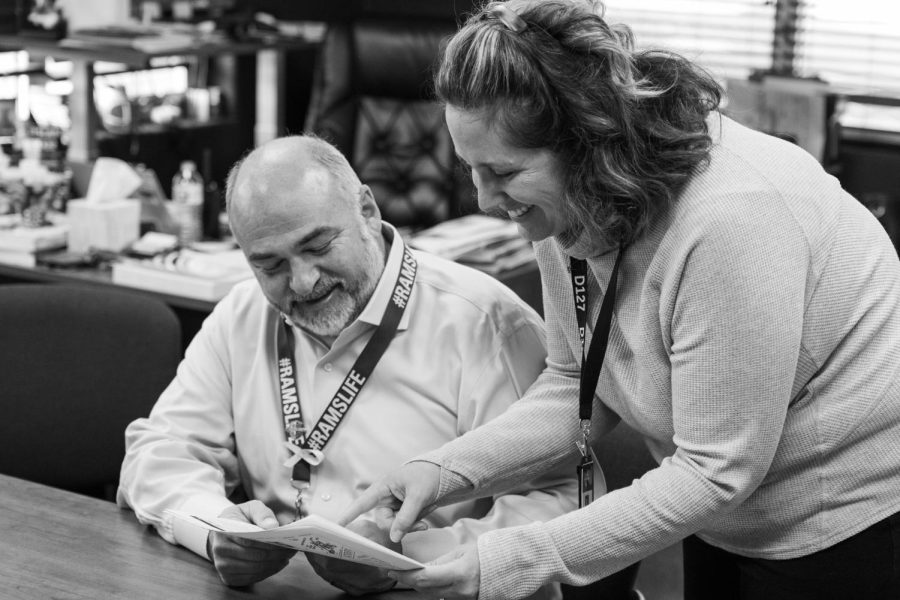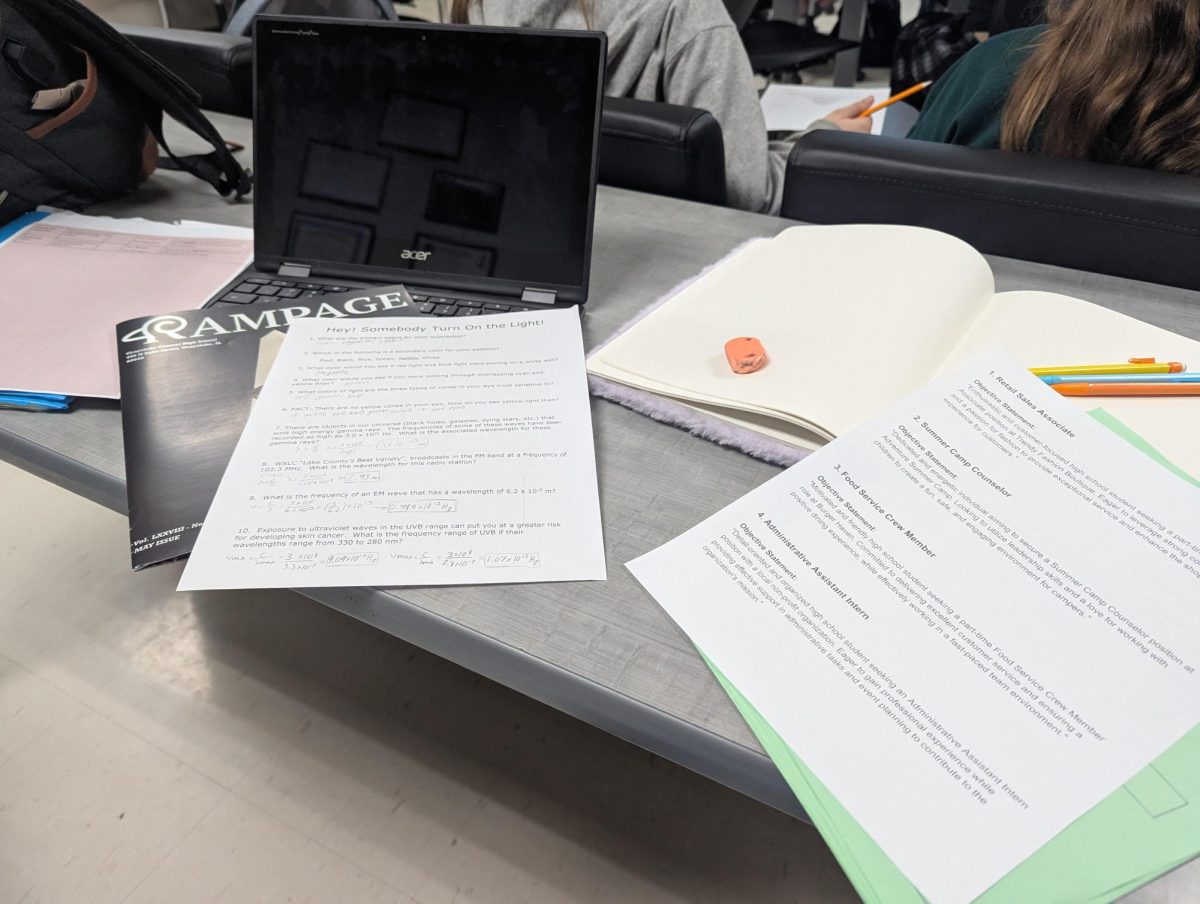AP Classes: Are they worth it?
November 6, 2017
As many Advanced Placement (AP) students can attest, AP classes can be a lot of work, even for the best of students. Some students of AP classes, or even those considering taking AP courses might even think to themselves ‘Are AP classes really worth the struggle?’ After all, what on earth is worth sacrificing sleep over? A possible answer might be: ‘It will prepare me for college’, or ‘It will make me look better to prospective colleges’, but to what extent should one struggle to try and succeed?
One of the pros of AP classes is inevitably college preparation. AP classes can not only provide background knowledge for future college courses, but also help develop other needed skill sets.
“At first I wasn’t sure if I wanted to take one, but I knew that it could have helped in the long run not only with college credit, but also with study habits and getting used to the workload,” said GCHS alumna and college freshman Ksenia Gorinshteyn. While students can use college level courses to get acclimated to useful study habits and workloads, they can even use high school AP classes for help.
“A lot of students appreciate [AP classes], [they] ask for high school powerpoints because it’s more helpful than what college professors provide,” said GCHS AP Psychology teacher Heather O’Connor. In this way, AP classes can relieve some of the stress of learning something from scratch at a higher level.
Part of the reason why AP classes are beneficial is because they test the student beyond knowing the material. Often, it’s because classes and teachers require more than just pre- test memorization skills.
“You grow more as students because you need to spend more time than just doing the homework… [It’s] not just the kind of work you do to get an A…in previous math courses you can do the homework and do well on tests… there is more time needed to understand the concepts,” said AP Calculus teacher Dan Armes. While Armes refers to math courses, this statement is applicable to any AP class. However, there are inevitably other struggles to college level courses that AP students face, that college students do not.
Whereas most high school students take around five to seven classes a day on average, most college students take around three to four classes. The average AP student will have more demands than a college student when extra curriculars, social emotional needs, and schedules are taken into consideration. The slight upside of this, as O’Connor said, is that most AP teachers are more giving because they tend to have a greater understanding of the social emotional needs of their students.
O’Connor also mentions another important advantage of AP classes: it is a less expensive way for students to experiment with their interests, compared to college costs per semester. In a high school setting, many students get a more intimate and less threatening opportunity to pursue an interest or career.
However, the struggle begins to not be worth it when students take AP classes in excess and begin to sacrifice other things as a result.
“[AP classes] can be beneficial, but you need to self advocate and work for it. Know your schedule. Don’t forfeit your social and emotional needs for AP classes,” said O’Connor.
Ultimately, O’Connor summarizes the best guide for deciding whether AP classes are worth the struggle for someone. Each student has a different situation, and requires a different balance to be successful here at Grayslake Central High School, and in their future endeavors.



































